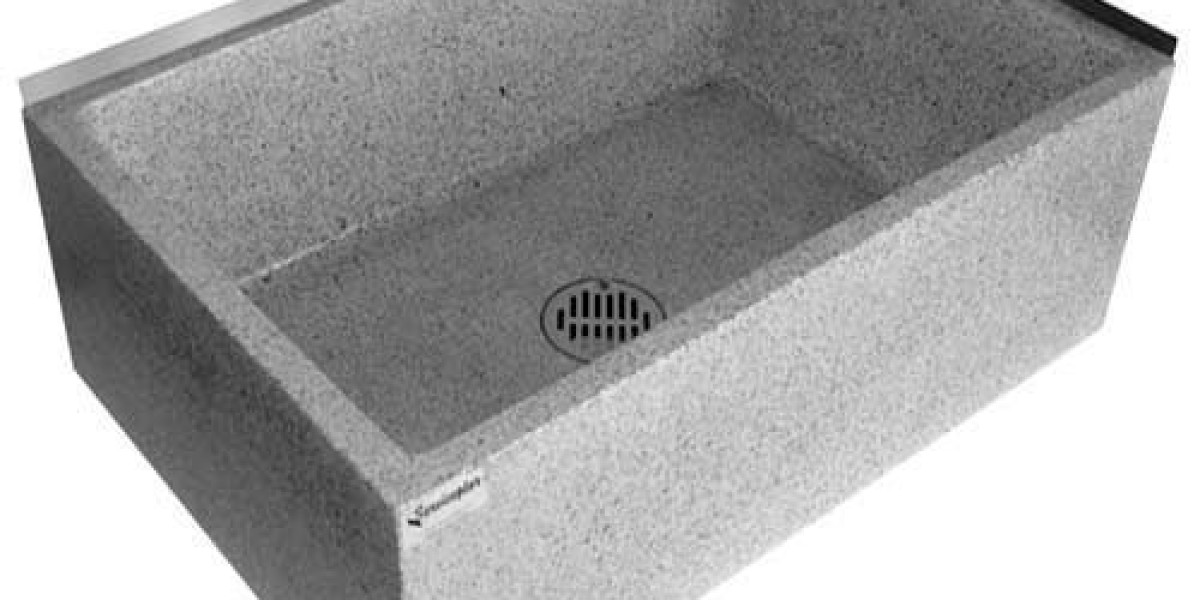In Pakistan, child custody matters are primarily governed by the Guardians and Wards Act, 1890, and interpreted in conjunction with Islamic family principles, particularly for Muslim families. The core legal principle in all custody-related decisions under Child Custody laws in Pakistan is the "welfare of the child", which includes physical, emotional, educational, moral, and health-related well-being. Within this framework, schooling and healthcare decisions are considered critical components of custody arrangements. Although the law does not outline these issues in detailed statutory language, Pakistani courts have interpreted their authority broadly to include them in custody judgments.
The Distinction Between Custody and Guardianship
To understand how decisions about schooling and healthcare are made, it's important to distinguish between custody (hizanat) and guardianship (wilayat) in Pakistani law.
Custody generally refers to the parent with whom the child resides and who handles day-to-day care.
Guardianship involves legal authority over major decisions, such as those related to education, medical treatment, and financial matters.
In most cases, the mother is granted custody of young children, while the father retains legal guardianship unless declared unfit. This distinction plays a significant role in determining which parent has the final say in schooling and healthcare decisions.
Schooling Decisions
Schooling decisions fall under both day-to-day parenting and legal guardianship, which means both the custodial and non-custodial parents can have influence depending on the custody arrangement ordered by the court.
Role of the Guardian Court
When there is a disagreement between the parents about the child’s education—such as the choice of school, medium of instruction, or curriculum—the matter may be referred to the Guardian Court. The court will assess which parent is better positioned under Child Custody laws in Pakistan to ensure:
Access to quality education
A stable and supportive learning environment
Continuity in the child’s academic journey
Affordability and sustainability of school fees
If one parent wishes to move the child to another city or country for education, the court’s approval is usually required. The court evaluates whether the relocation serves the child’s best interests or disrupts their life unnecessarily.
Practical Impact
In practice, if the custodial parent enrolls the child in a school and the non-custodial guardian does not object, the arrangement continues without legal interference. However, any significant disagreement can prompt litigation, especially if the non-custodial parent believes the schooling decision affects the child's moral or religious development.
Healthcare Decisions
Healthcare decisions are also a shared responsibility but are more sensitive due to the urgency and impact of medical care on the child’s well-being.
Custodial Parent’s Role
The parent with physical custody is usually responsible for routine medical care. This includes regular checkups, vaccinations, minor illnesses, and dental care. Courts expect the custodial parent to keep the other parent informed, especially in co-parenting arrangements.
Guardian's Role in Major Medical Decisions
For serious medical treatments, surgeries, or procedures that carry long-term consequences, both parents should ideally be involved, especially the legal guardian. If a dispute arises over treatment—for example, refusal of a certain procedure on religious or ethical grounds—the Guardian Court may be called upon to intervene.
In emergency situations, the custodial parent is expected to act in the best interest of the child without delay, though they may later be required to inform the other parent and justify their decision if challenged in court.
Financial Responsibility
Both parents may be directed by the court to share expenses related to education and healthcare. The non-custodial parent (usually the father in traditional arrangements) may be ordered to provide monthly maintenance that covers these costs. The court can increase or decrease this amount based on the parents' income, inflation, or rising school and healthcare costs.
Conclusion
In Pakistan, schooling and healthcare decisions in custody cases are guided by the overarching principle of the child’s welfare, even though there is no separate statute exclusively regulating these matters. The Guardian Court like Hamza & Hamza Law Associates exercises broad discretion, considering the child’s best interests while balancing the rights and responsibilities of both parents. Whether related to choosing a school or authorizing a medical procedure, the law aims to ensure that these decisions support the child’s growth, stability, and overall well-being.








